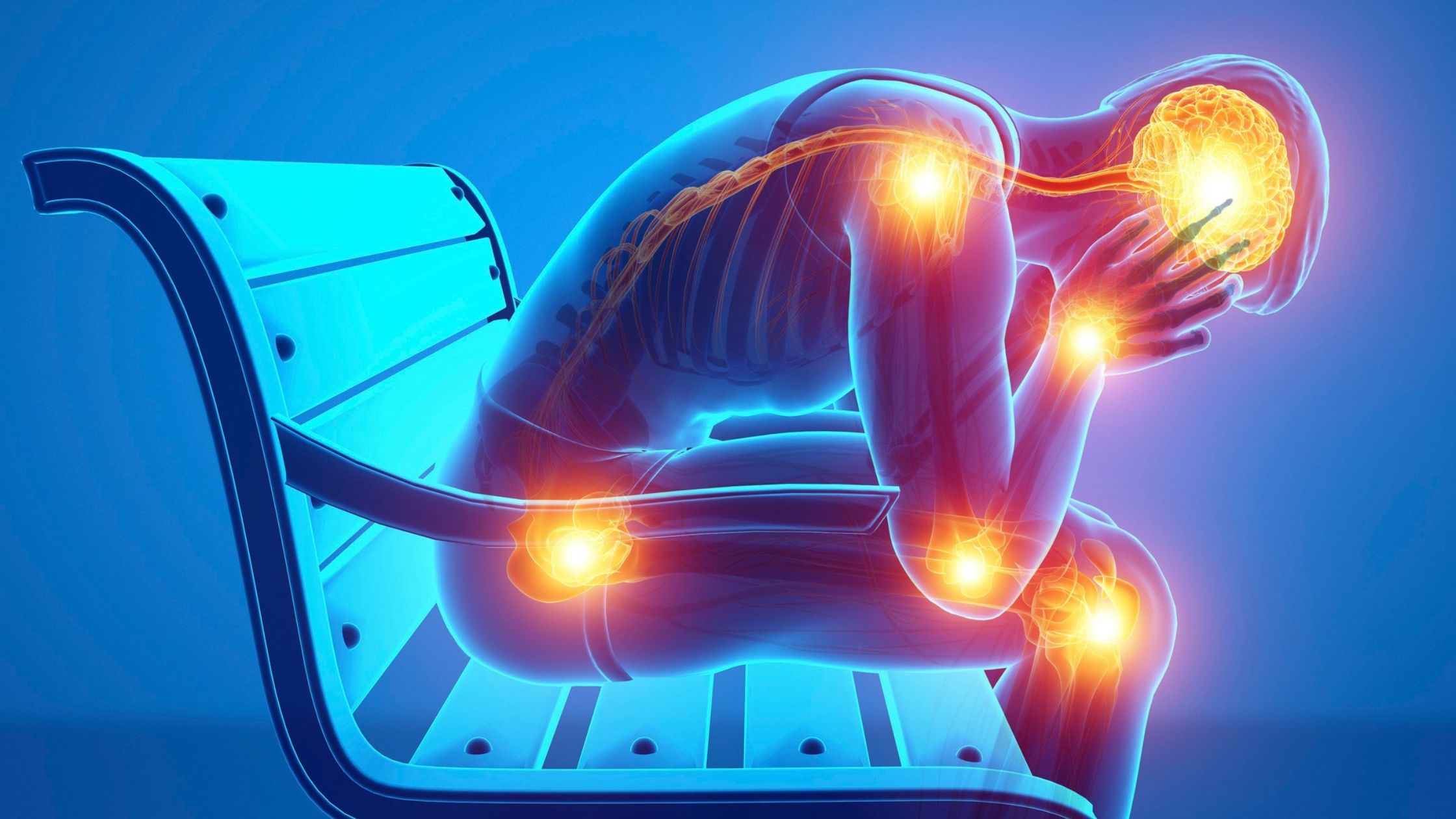Identify and Manage Chronic Pain

Chronic pain is a condition characterized by persistent pain that lasts for an extended period, typically longer than three to six months. It can result from various underlying causes, such as injury, illness, or other health conditions. If you suspect you are dealing with chronic pain, here are some steps to help you identify it and seek appropriate treatment:
If you are experiencing ongoing pain, it’s crucial to consult a healthcare provider. They can help diagnose the cause of your pain and determine if it qualifies as chronic pain. Your primary care physician, specialist, or a therapist can provide valuable insights and guidance.
Track your pain by documenting its intensity, location, triggers, and any changes in your daily life. This can help your therapist provider better understand your pain and make an accurate diagnosis. Chronic pain often comes with certain characteristics, such as a constant or intermittent nature, and it may be associated with emotional and psychological impacts like depression and anxiety. Recognizing these aspects can be essential in identifying chronic pain.
Chronic pain can result from a variety of conditions, including arthritis, fibromyalgia, neuropathy, migraines, and more. Understanding the potential causes of your pain can guide your healthcare provider in developing a suitable treatment plan. Treatment for chronic pain depends on its cause and severity. Common treatment approaches include medications, therapy, lifestyle changes, and cognitive-behavioral therapy (CBT).
Work with your therapist to create a comprehensive pain management plan tailored to your needs. This plan may involve a combination of treatments, lifestyle changes, and self-management techniques. Chronic pain can take a toll on your mental and emotional well-being. Consider joining a support group or seeking counseling to help you cope with the psychological aspects of living with chronic pain.
Stay engaged in your treatment and educate yourself about your condition. This can help you make informed decisions and be an active participant in your healthcare. Remember that chronic pain management is a personalized journey, and what works for one person may not work for another. It’s essential to work closely with healthcare professionals to find the best approach to manage your pain and improve your quality of life.

